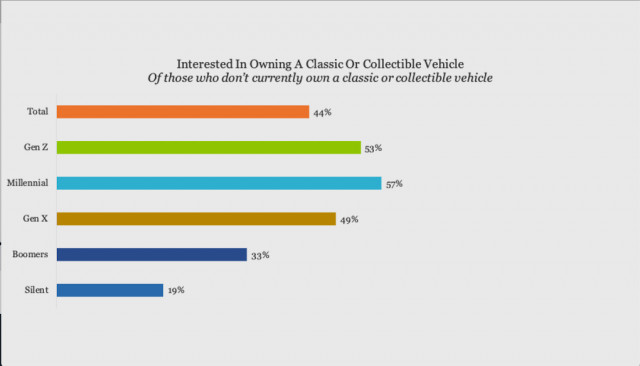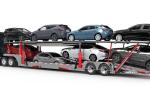The Myth of Gen Z's Breakup with Driving: A Deeper Look

by AutoExpert | 30 November, 2023
Despite the buzz, the idea that Generation Z is ditching cars en masse may be more mirage than reality. Just like Millennials before them, this younger generation's relationship with driving is complex and influenced by more than just preference.
A Question of Accessibility, Not Just Desire
Recent headlines suggest a generational shift away from automobiles, but delve a little deeper, and a different picture emerges. The decline in driving among teenagers, for instance, is less about disinterest and more about the soaring costs associated with car ownership. It turns out affordability, not aversion, is the main barrier keeping Gen Z from the driver’s seat.

As Millennials aged and their financial situations improved, many who were previously thought to be anti-car ended up embracing driving. This pattern suggests that Gen Z might follow a similar road. The stark reality is, in an autocentric society like the U.S., not owning a car can mean getting left behind, both in terms of career opportunities and simple daily logistics, especially for those raising families.
The Urban Planner's Dilemma: Building Beyond the Car
The issue goes deeper than generational attitudes. It's about the very fabric of our cities and societies. For decades, urban development has been centered around cars, making them almost a necessity for most residents. Changing this entrenched system requires a significant shift in urban planning — increasing density, enhancing public transit, and creating safe bike lanes.

Gen Z: Same Story, Different Generation
While it's tempting to view Gen Z's current lukewarm approach to driving as a lasting trend, history tells us otherwise. Much like their predecessors, Millennials, their current hesitance may simply be a phase that changes with age and increased earning power. In fact, as Millennials' incomes rose, they started buying cars at a rate that captured significant market share.

Looking Ahead: Real Change Requires Real Alternatives
If society truly wants to reduce dependence on private vehicles, it's not enough to wait for generational change. We must actively work to create viable alternatives. This means investing in transit and redesigning urban spaces to support a less car-dependent lifestyle.

A Reality Check
While the narrative of a car-free Gen Z is appealing, especially among urban planners and environmentally conscious circles, it overlooks the deeper systemic issues that make cars a necessity in the U.S. As much as we might hope for a generational shift towards greener, more sustainable modes of transport, real change requires more than just waiting for young people to grow older. It demands significant policy reforms and investments in public infrastructure.

















